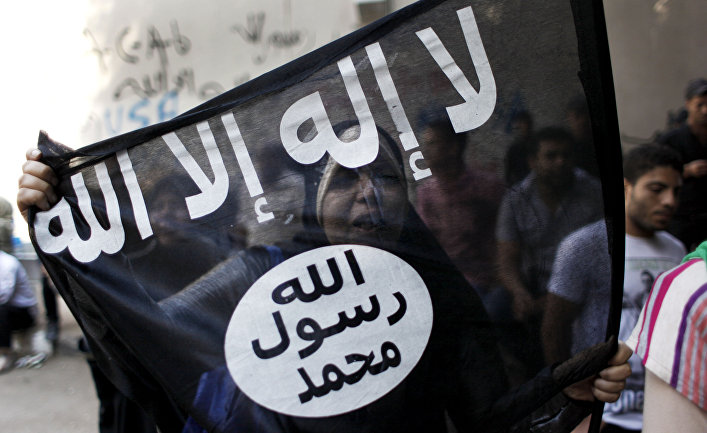The UN Security Council endorsed Libya unity accord. After years of violence and destruction in Libya, UN votes on the agreement between rival political blocs to form a united government. Does this mean a military intervention in the country, given that ISIL expanded in Libya? The UN was seeking, through its special envoy Martin Kobler (who succeeded Bernardino), a reconciliation between two rivaling parliaments an internationally-recognized faction based in Tobruk and an Islamist-backed assembly in Tripoli.
It's hard to understand the steady refusal of arming the Libyan army or recognizing its commander General Khalifa Haftar. Or opening the doors wide open to the Dawn of Libya militia group to expand and regenerate in a terrible manner. Nevertheless, one must be skeptical regarding how could tens of thousands of ISIL fighters invade Libya coming from Syria and Iraq. This was demonstrated by ISIL in an armed parade that was held in Misrata, raising their traditional black flags, riding their four-wheel drive vehicles, with masked men, the typical image of ISIL as seen in the Arab world.
New Libya government would want arms, not Western troops: UN envoy https://t.co/v1ohLS0lwr pic.twitter.com/xThGQ3u5BA
— CBC News (@CBCNews) December 24, 2015
The declared reason for this parade was arrest of a Tunisian member of ISIL. It's known that there are 3 thousand Tunisians who have joined the Islamic State. It's remarkable that nobody has revealed the number of Egyptian ISIL fighters. This point is very important because all countries provide estimates of numbers of their citizens who joined ISIL, except Egypt which considers this embarrassing.
In the end, all what's happening in Libya is either leading to the fragmentation of the country in the hands of a terrorist group who are selling Libyan oil, or pushing it to the same dirty system that the West and the US are trying to achieve — which is to integrate the extremist groups in the transitional political process in some of the countries that have been devastated by the so-called Arab Spring, referring to them as "moderate Islamists."
Is the man behind Libya’s peace deal entangled in the same money & power that bedevil the country he tried to save? https://t.co/lNckLpA4El
— Foreign Policy (@ForeignPolicy) December 23, 2015
Despite all this, Tunisia announced the establishment of a "coalition government" before the December 16, which only aims to integrate the extremists in the political process; just like what they're doing in Syria, and just like what they are trying to do in Libya. Meanwhile trying to pressure Egypt – as if the revolution of June 30, 2013 succeeded in setting up its legitimate, executive, and constitutional institutions.






